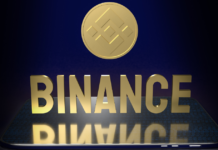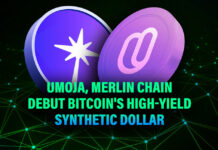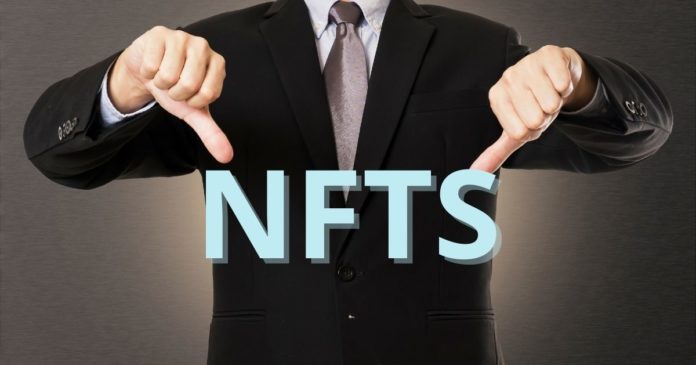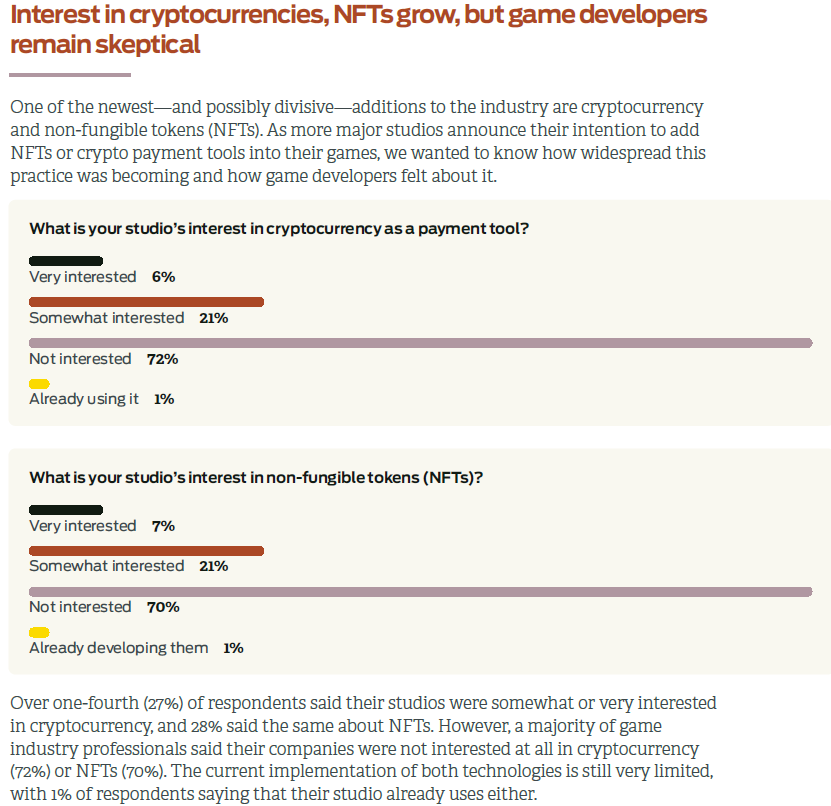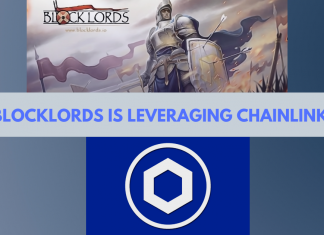Any mainstream gaming company aiming to integrate NFTs into their games is treated with skepticism by the rest of the gaming community. They see NFTs as a new tool for game businesses to generate microtransactions and as a get-rich-quick scheme devised by crypto scammers.
Many gamers have been skeptical or even critical of NFTs since the intangible items of the property first appeared on the market. Why would you spend money on something you can’t touch and would almost definitely never be able to resale? You have hundreds of dollars worth of games lying untouched and perfect in our Steam libraries, waiting to be played. While some people who want to get rich quickly have joined in the hype, the majority of gamers dislike NFTs.
Ubisoft announced NFTs then delisted the announcement because so many people disliked the video.
What’s up…
Does the gaming world just hate NFTs?
— RYAN SΞAN ADAMS – rsa.eth 🦇🔊 (@RyanSAdams) December 9, 2021
NFT stands for “Non-Fungible Token.” It means it’s a one-of-a-kind digital good with ownership and transparency on the blockchain. This would mean that gamers would own their purchases, such as skins and players in sports games. Also, they would be able to transfer them to future updates of those games.
The Reasons Why Gamers Dislike NFTs
Following the rise of non-fungible tokens (NFTs) in the gaming industry over the last few years, FandomSpot.com, a leading gaming site, asked 2,000 gamers from around the world to find out what they feel about the new era of gaming.
Only 12% of the 69 percent of gamers who said NFTs in gaming are bad understood what an NFT is, according to the survey. When asked why they dislike NFTs, nearly all (86%) said it was because of the drastic changes they were bringing to the gaming industry. Furthermore, half (51%) said it was because NFTs bring an unnecessary financial element to the industry.
SOURCE: GDC state of the gaming industry report
The biggest problem with how existing gaming studios have tried to implement NFTs into their games is that they are simply NFTs in name. Players have no actual control over what they may do with them on the secondary market. This sounds like a board of directors trying to capitalize on a trend without completely understanding what makes it special. As a result, they are simply DLC products with a different name. It is because they lack the utility that defines NFTs as digital technology. The reason for this is probably complex, but it comes down to the fact that these game creators have their own shops and their own servers.
One more thing in P2E games is practically evident. Players must spend their fiat to purchase resources, which may allow them to advance in the game without climbing the usual merit-based ladder.
In other words, gamers tolerate it if the purchases bring aesthetic upgrades. But discontent grows if players can purchase significant gaming advantages.
What Can Make Them Change Their Minds?
The multi-player component of these games is where the majority of the profit is made. Gamers who have remained with the franchise for numerous editions are likely to have spent hundreds, if not thousands, of dollars on:
- skins
- weapons
- maps
- and other cosmetic and gameplay-enhancing add-ons.
When the players go on to the next year’s entry, therefore, they must begin collecting items all over again.
This is the main advantage of the blockchain industry’s non-fungible token (NFT) content in the play-to-earn (P2E) area. NFTs aren’t limited to JPEGs and stupid memes. They can also be weapons, skins, and other game-related items. You own an NFT after you purchase it, which means you can do whatever you want with it if you decide to play another game. They aren’t something that the developer owns and that are forever linked to their unique ecosystem.
NFTs are just keys that represent in-game assets that the player can own and transfer instead of the developer. Buyers would be free to take these NFTs outside of the developer’s ecosystem if they were real NFTs.
It will be hard to convince major developers to switch their marketplaces to enable secondary sales, but the future is here to stay, regardless of how much anyone likes it. One of the fastest-growing segments of the market is play-to-earn gaming. It was created specifically for blockchain technology. People from all over the world are, for the first time, in control of their in-game assets. Also, they are able to leverage them in a variety of ways. Furthermore, they can earn money simply by playing their favorite games, thanks to NFTs, which are now an essential part of the most popular P2E games. This is a future free of corporate control over digital assets, one that is transforming lives and empowering users.
⬆️Find the most undervalued gems, up-to-date research, and NFT buys with Altcoin Buzz Access.
⬆️ For more cryptocurrency news, check out the Altcoin Buzz YouTube channel.




